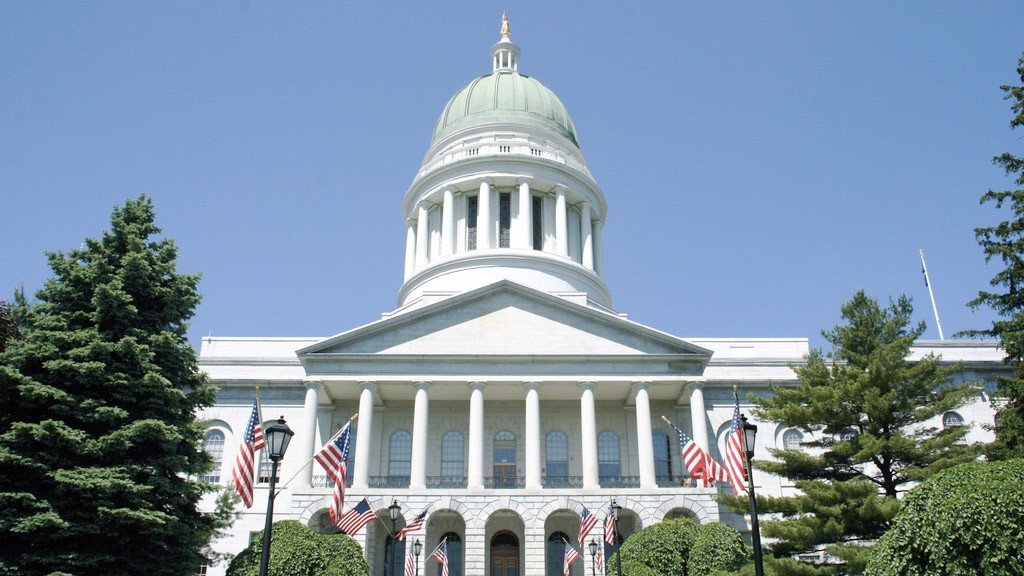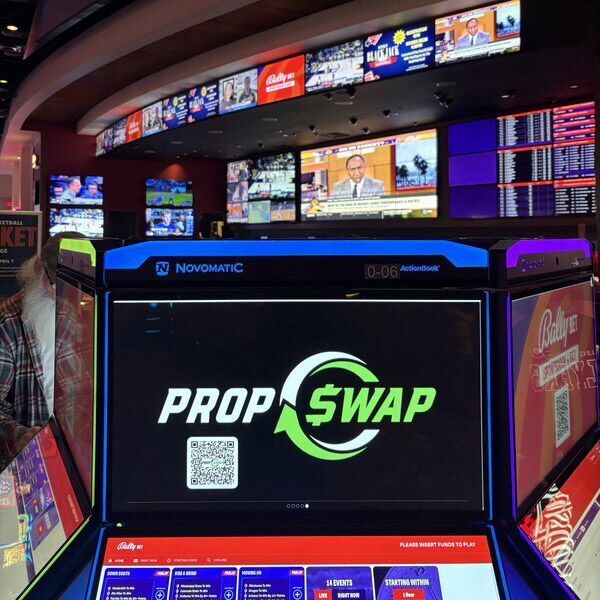California sports betting legislation opposed by state's tribe

As California moves toward legalizing sports gambling for tribal casinos, the project has garnered little support among the state’s Native American tribes.
Last Tuesday, a proposed amendment passed the Senate Governmental Organization Committee that would change the California Constitution if approved by the voters on the November ballot. The amendment was introduced by state Sen. Bill Dodd (D-Napa) and Assemblyman Adam Gray (D-Merced). It would allow tribal casinos and racetracks to offer sports wagering, both at their locations and online. According to a news release from Dodd’s office, sports wagering in the state could generate $500 million to $700 million per year.
In addition to sports betting, the amendment would also allow tribal casinos new permission to offer roulette and craps, which are currently outlawed. However, Anthony Roberts, tribal chairman of the Yocha Dehe Wintun Nation of Yolo County, last week sent a letter to Dodd and Gray opposing the amendment. The tribe owns and operates Cache Creek Casino Resort in Brooks.
“Yocha Dehe’s opposition to this measure could not be stronger, and we vow to vigorously fight it at every turn,” Roberts wrote, as reported by Sacramento Business Journal. That’s because in addition to granting new rights to tribal casinos and racetracks, the current amendment text would also give new authority to card rooms.
Under state law, banked card games — games where the casino has a stake in the outcome — aren’t allowed outside of tribal casinos. That includes popular games like blackjack, three-card poker, baccarat and pai gow poker.
Instead, card rooms bring in third parties to act as dealers. For decades, card rooms have been doing this as a seemingly acceptable workaround, as the state hasn’t made any moves to shut down or bring enforcement actions against card rooms, although Attorney General Xavier Becerra has proposed some rule changes limiting this activity. Tribal casinos argue that they have exclusive rights to offer these games in the state, and that what the card rooms are doing is illegal.
In January 2019, the Yocha Dehe took part in a lawsuit filed against the state and called on the state to shut these games down. The suit argued that the state allowing card rooms to offer these games violated the state's agreements with the tribes. Last summer, a judge dismissed the case, based on the tribes’ standing to sue, but didn’t consider the merit. The tribes are appealing to a higher court.
Jeffry Butler, of law firm Dentons US LLP, represents the tribes in that suit, and he’s working with the Yocha Dehe on this new sports wagering amendment now. The amendment would codify into law permission for card rooms to offer the games they’re already offering. “For the card rooms, it legalizes the gaming that they’re currently doing,” Butler said. “The problem is what they’re doing, at least a lot of it, is illegal.”
The card room industry disagrees. Their trade group, the California Gaming Association, penned a letter to state legislators praising the amendment. “In addition to the thoughtful approach to sports wagering, your measures will reassert the legality of our games as California courts have repeatedly done in the past and ensure the continued safe, legal offering of the popular games our industry has offered for over two decades without harm to or complaint from the public,” the letter says.
At the committee hearing last week, Dodd said he had heard the concerns of the tribes and was willing to work with them.
















































